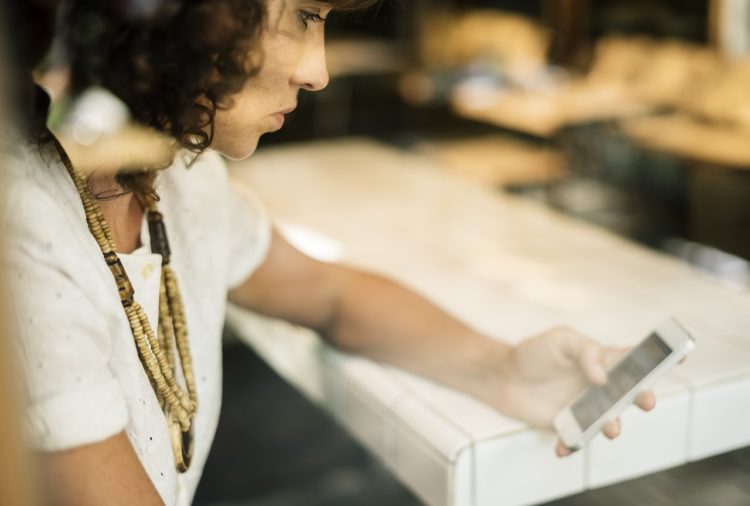How lockdown leads to a rise in domestic abuse
Alison Blackler, founder of Wirral-based 2minds worked for the NHS for several years supporting survivors of domestic abuse, and says the coronavirus lockdown has led to a rise in cases – but there is help available

Restrictions of the coronavirus lockdown is likely to heighten domestic tensions and cut off escape routes for people on the receiving end of domestic abuse.
The UK’s restrictions on public life mean people are cooped up in their homes and there is a growing fear for victims of abuse shut in their abusers. Domestic violence and potentially homicides will escalate as social distancing restrictions in the UK continue.
Last year 1.6m women in England and Wales experienced domestic abuse.
While in lockdown or self-isolation, women and children are likely to be spending concentrated periods of time with perpetrators, potentially escalating the threat of domestic abuse and further restricting their freedom.
One out of three women in the world experience physical or sexual violence in their lifetime, according to the World Health Organisation, making it “the most widespread but among the least reported human rights abuses”. While men experience domestic violence, women make up the majority of victims.
The National Domestic Abuse helpline has seen a 25% increase in calls and online requests for help since the lockdown. Domestic abuse isn’t always physical – it’s a pattern of controlling, threatening and coercive behaviour, which can also be emotional, economic, psychological or sexual.
Many perpetrators already use isolation as a ‘tool of control’
Coronavirus and lockdown do not cause or create violent men, but they can give violent, abusive and controlling men new tools and new excuses. Being locked in with an abuser can make it harder for a woman to reach out and access support because it can be easier for men to block them from action or convince them that if they do there will be no one there.

We know that ordinarily the window of opportunity for women with abusive partners to make a call and seek help is often very limited. Now, it is likely that the window has become even smaller.
With a reduction in mobility, making contact with support services or the police is clearly an issue. Having face-to-face services closed is also creating further isolation. When either party used to leave the house for work, or to go shopping, for instance, would have been an opportunity to reach out for help unnoticed by an aggressive partner.
One effect of being locked down with your abuser could be that not only are people more vulnerable to domestic abuse – but also possibly less likely to be able to make an emergency phone call when it really matters. The time of making a call or seeking help is often the most vulnerable time for the victim. These situations need to be planned really carefully under normal circumstances.
In light of these struggles, it’s vital that victims know where help can be sought. Emergency refuge accommodation remains open, and — despite additional coronavirus-associated pressures — the police stand ready to intervene when domestic violence is reported.
Police are emphasising that women and men facing abuse at home during the lockdown should still report their experiences to police and seek support from domestic abuse services.
The National Domestic Abuse Helpline therefore offers the option of contacting them through its website, with a quick exit button which ensures no record of the attempt is left on the phone.
For information and support on domestic abuse, contact the police by dialling 999 and press 55 when prompted if you can’t speak. Refuge also offers a UK-wide 24-hour helpline: 0808 2000 247.

